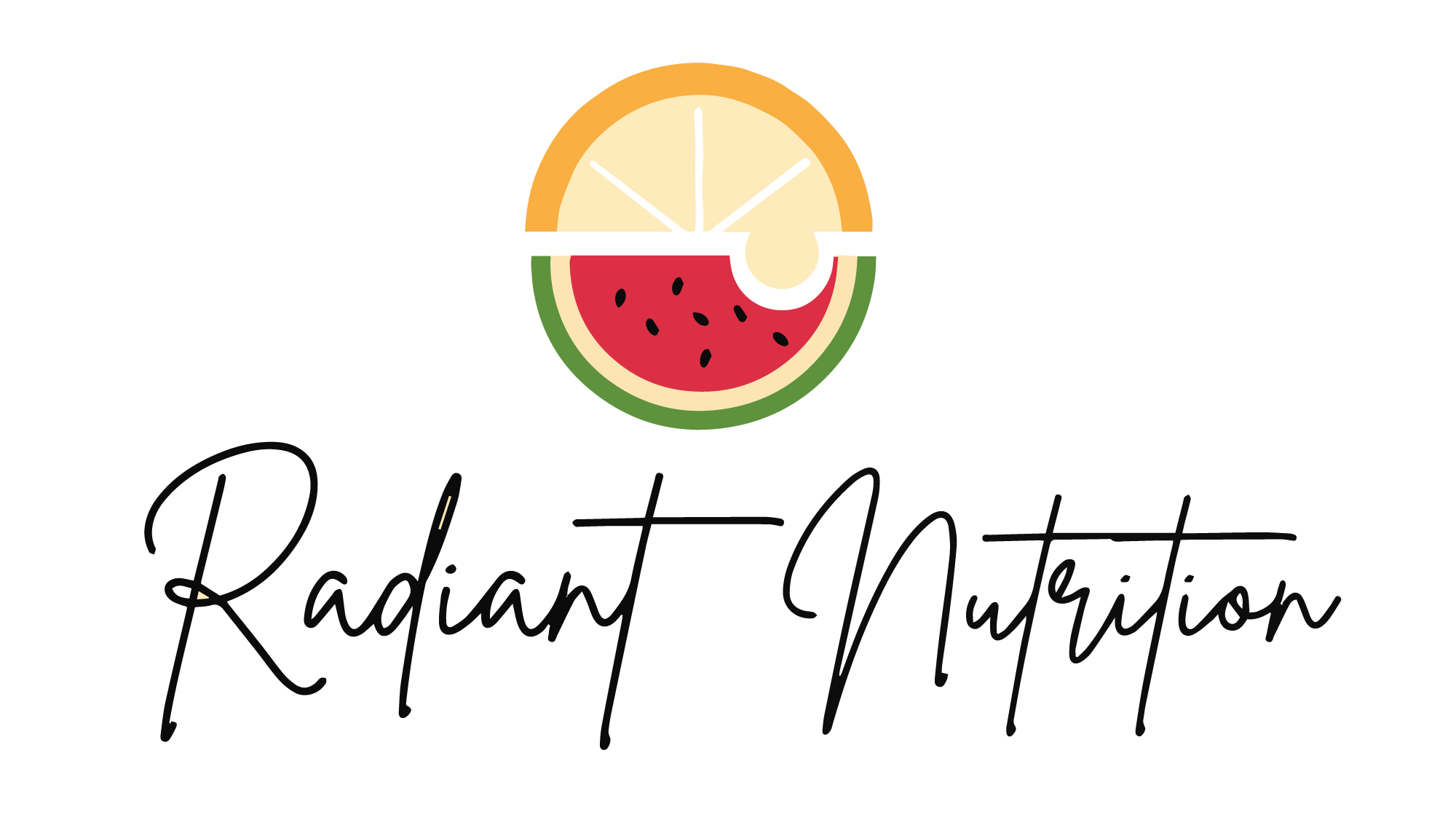The Truth about Protein - Do You Really Need More?
Protein is a major buzzword in the nutrition world right now, and frankly a lot of it is untrue. Here are a few false narratives floating around social media and the facts behind the fiction:
More protein means more muscle.
Not necessarily. It’s not a secret that protein is a key component in building muscle, however, it isn’t the only needed component. It’s essential to consume carbohydrates and fats in addition to protein to adequately build and maintain muscle tissue. If you don’t, your body will begin to break down muscle tissue for fuel, which is usually counterintuitive to your fitness goals.
Protein supplements are necessary to reach protein goals.
Supplements can be useful for you if you struggle to consume adequate protein from food, but they aren’t required for everyone. If you are an athletes or if you engage in regular strength training, protein shakes and protein powders can be helpful in boosting your intake at meals or replenishing your body post workout. These products tend to be expensive so be mindful that there are other ways to sneak protein into your diet with food. Fairlife milk in cereal or as a beverage at mealtimes, greek yogurt in smoothies and eggs in oatmeal are a few ways to do this.
Eating protein will help you build muscle; no strength training is needed.
If you are simply loading up on protein but not putting effort into strength training or moving your body in some way, you are not going to build muscle. Eating more protein is not a quick fix to build muscle.
There’s no such thing as too much protein.
The recommended daily allowance for most people is t 0.8-1 g of protein/kg of body weight. For more active individuals, the recommendation can increase to 1.2-2 g/kg of body weight. These estimates, however, are HIGHLY dependent on your individual needs. If you have been encouraged to eat more than 2 g/ kg of body weight, you may encounter digestive issues and dehydration. High protein diets are hard on the kidneys as they have to manage filtration of excess nitrogen and other bi-products of protein breakdown. Long term this can cause kidney injury. Please don’t let wellness influencers convince you otherwise!
Increasing your protein intake will help you lose weight.
Diet culture is always looking for quick fixes to lose weight. The fact is, there is no guarantee that eating more protein will lead to weight loss. It’s true that muscle cells hold two more molecules of water than fat cells, therefore, muscle tissue weighs more. Thus, if you are consuming more protein AND strength training, you may see your weight number change. This is certainly okay and totally normal.
If you are feeling lost and unsure of where to turn for legit nutrition advice, contact us! As registered dietitians, we are educated and trained to use evidence based information when working with you. Contact us here!
Written by Trinny Duncan, Student Intern and Peggy Pratt, PhD, RDN, LDN, CEDS-C

